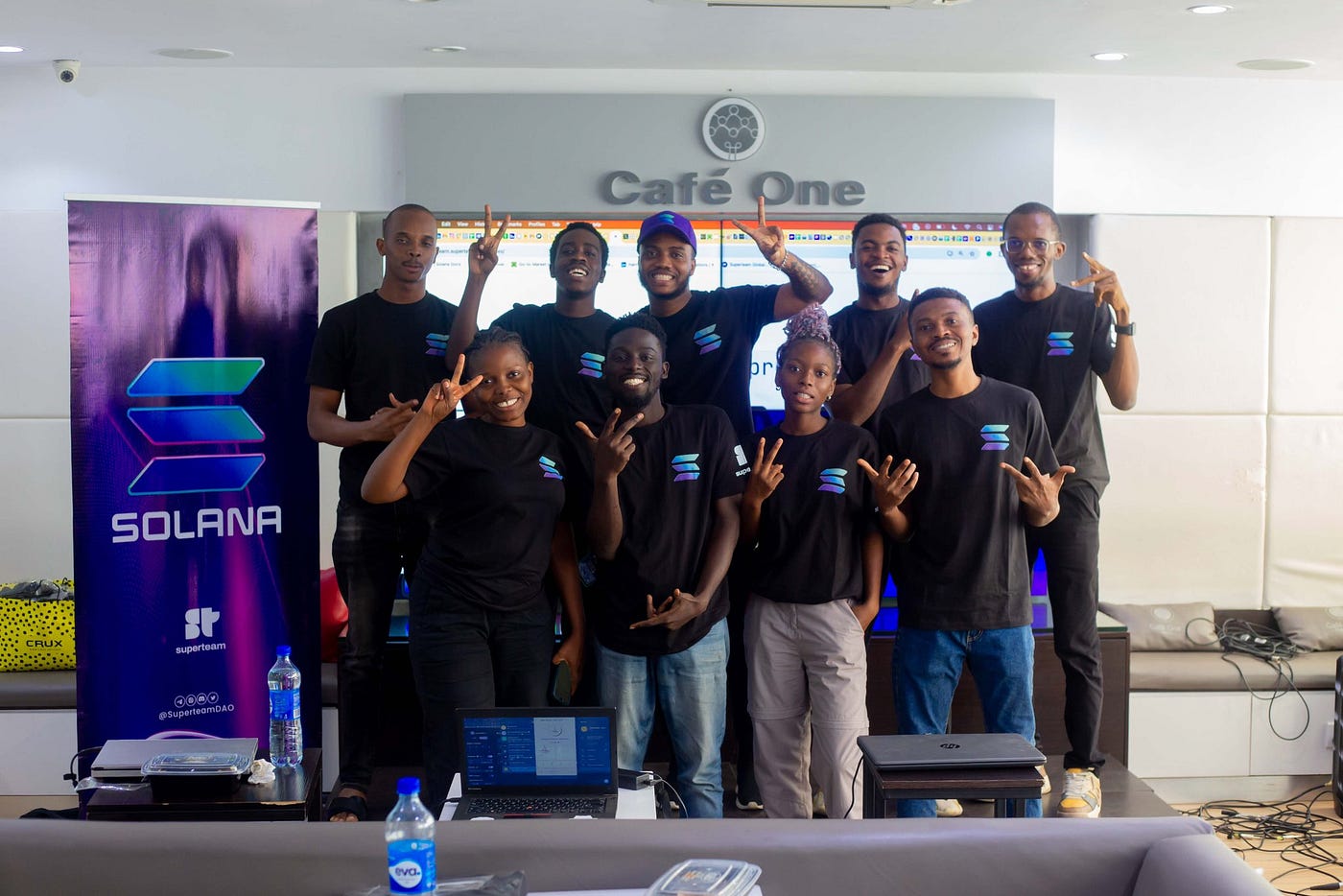A charge of excitement rippled through the hall of bright-eyed twenty-somethings. Between panel discussions and snack breaks, there was curiosity and a palpable feeling of anticipation.
This small gathering of crypto enthusiasts at the University of Calabar mirrored a developing trend around the country. Together with creative showcases, these meetups featured industry professionals waxing about the expanding influence of Web3 and the growing presence of tech giants in the crypto space
Thanks to its tech-savvy population, Nigeria ranks second globally in cryptocurrency usage, after India. Roughly $59 billion in cryptocurrency flowed into the country between July 2023 and June 2024, with an estimated 33 per cent of the population investing in cryptocurrencies.
As the value of the naira has evaporated over the years, Nigerians have sought a lifeline in Bitcoin and other cryptocurrencies. Considering cryptocurrency’s volatile nature and its potential for explosive returns, many Nigerians harbour dreams of striking it rich overnight. A tapping craze that took off last year saw Nigerians tapping desperately on their phones to earn free crypto tokens.
Outside the country, Nigerians abroad are turning to cryptocurrencies to send money home while evading the complications of traditional remittance channels.
This national passion has, however, flourished without a clear-cut support from the government. A memo from the Central Bank of Nigeria in February 2021 restricted commercial banks from processing crypto transactions. In response, peer-to-peer marketplaces emerged, as Nigerians turned to peer-to-peer marketplaces to trade with one another, thereby bypassing the banks.
Binance, the largest cryptocurrency exchange, halted P2P trading in the country, following accusations of tax evasion and currency manipulation. Before long, more exchanges followed suit.
Noting global financial trends, the government has since taken a dovish stance on cryptocurrencies. A recent act passed into law recognises digital currencies as securities. The eNaira, Nigeria’s own digital currency launched months after the CBN ban, has struggled to gain traction from the populace. Unlike cryptocurrencies, it offers no significant returns to investors. Its value is tied to the naira, which has been on a steady decline for years.
But ask any Nigerian if crypto is legal in the country, and you might receive an unsure answer. National policies surrounding cryptocurrency trading have been largely ambiguous. And this ambiguity has inspired state police to assault crypto traders in the country with trumped-up charges of cyber fraud.
Yet across Nigerian campuses, intimate gatherings of crypto enthusiasts are gaining traction. At these events, veteran investors recount their rags-to-riches stories. With support from large cryptocurrency blockchains like Avalanche and SUI, they share merchandise, host hackathons and invite more students onto the network to make alternative incomes from referral bonuses while easing their foray into the volatile world of cryptocurrencies
This mounting appetite for cryptocurrencies has not been without hiccups. Just a month ago, Nigerians lost millions of dollars to a crypto Ponzi scheme that’s now being investigated by the EFCC.
There have also been personal losses. Hundreds of young Nigerians looking to make a lucky break ultimately rake in significant losses. Only a few are adept at trading. “I’ve lost $700 since this month alone,” said Peter Olusanya, an undergraduate at Nnamdi Azikiwe University in Akwa. “But I’m used to it. The market gives and takes.”
In the early days of Bitcoin, Nigerian influencers flooded social media, urging people to buy some stash of the cryptocurrency. Many paid no heed to the call. In the years since then, the price of Bitcoin has soared astronomically. While some regret not investing sooner, others continue to chase the next crypto trend, hoping for their own lucky break.
Yet, unlike the Wild West of the 2010s, they have ambiguous government policies and a more saturated marketplace to grapple with this time.
The article discusses the burgeoning interest in cryptocurrency in Nigeria, where it ranks second globally in usage after India. Despite the lack of governmental support and ambiguous regulations, Nigerians are increasingly turning to digital currencies as the value of their national currency, the naira, continues to decline. This interest has led to both investment opportunities and challenges, such as the rise of peer-to-peer marketplaces following the Central Bank of Nigeria's 2021 restriction on commercial banks processing crypto transactions. Despite governmental crackdowns and international exchange withdrawals, intimate gatherings of crypto enthusiasts on university campuses are on the rise, supported by large cryptocurrency blockchains. However, the volatility of cryptocurrencies has also led to financial losses for many, with recent incidents of Ponzi schemes resulting in significant financial loss. The national push towards the government-backed eNaira has struggled to gain traction, as it lacks the investment potential seen in other digital currencies.






